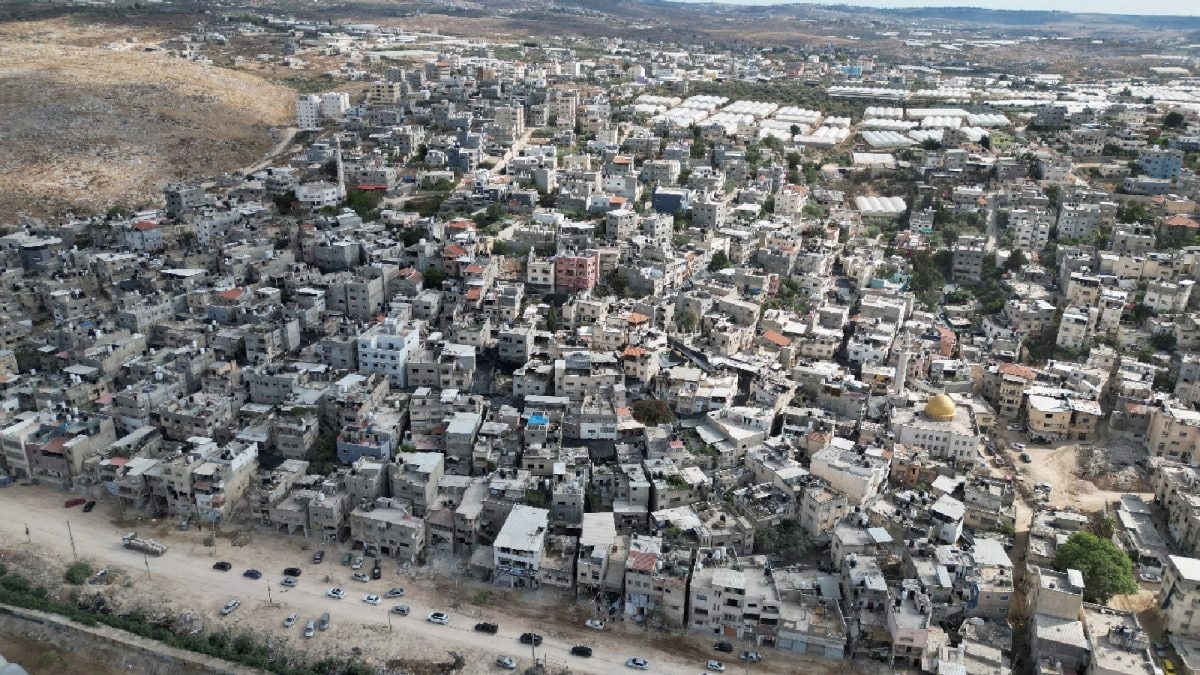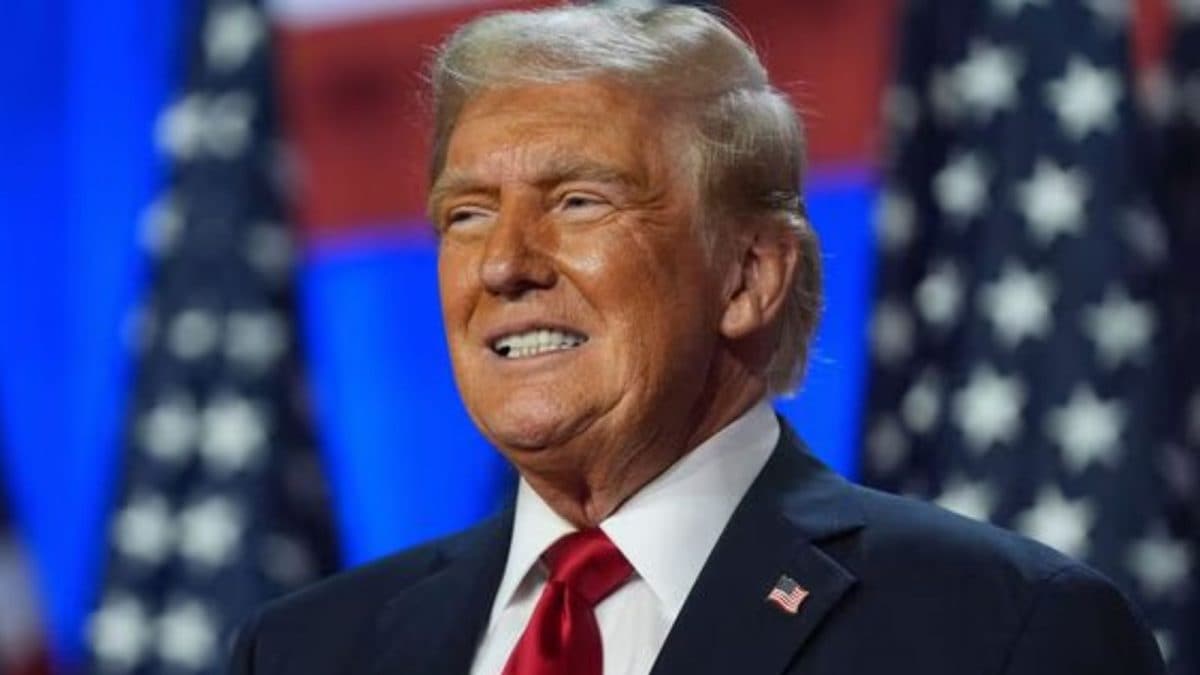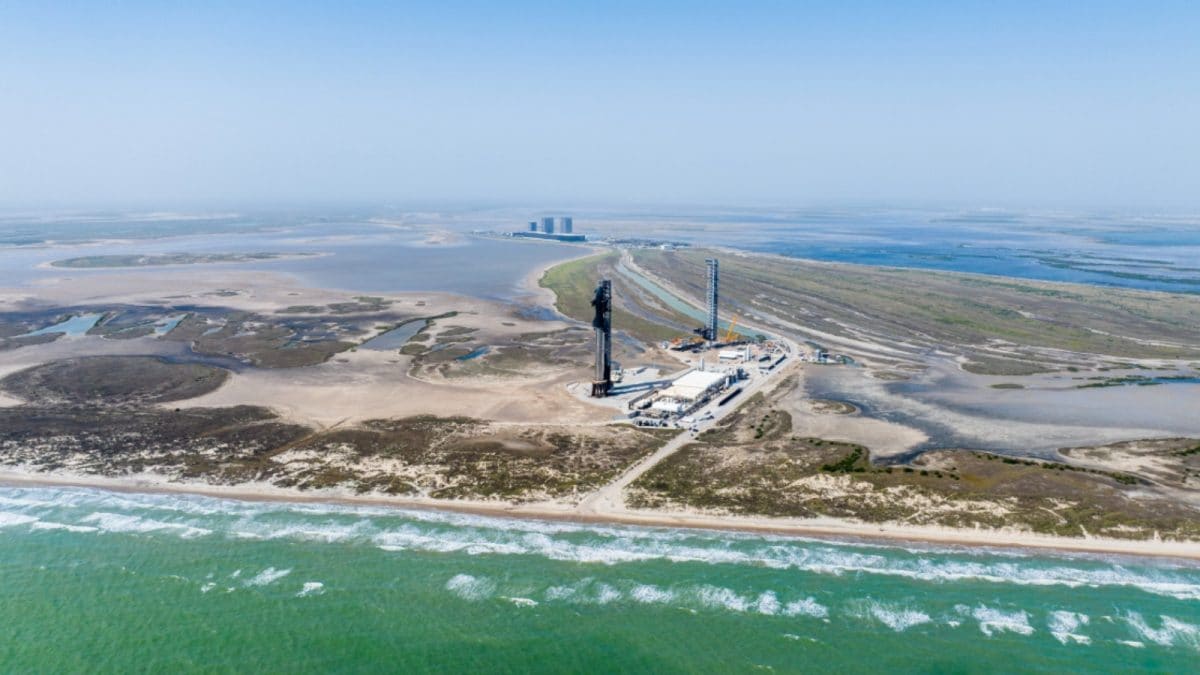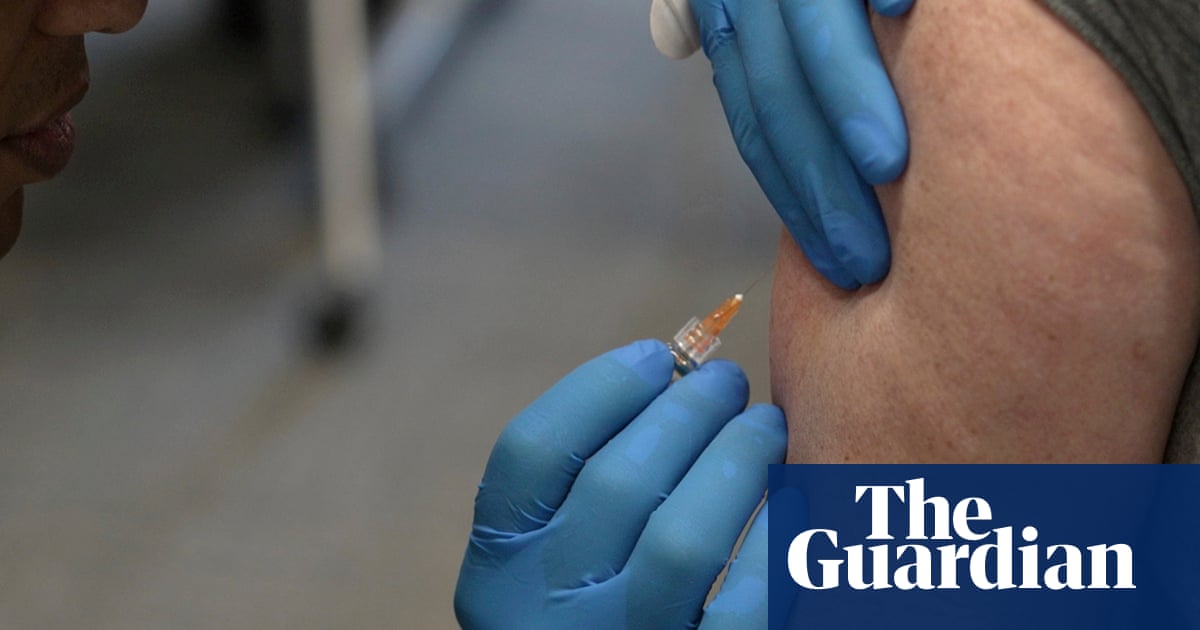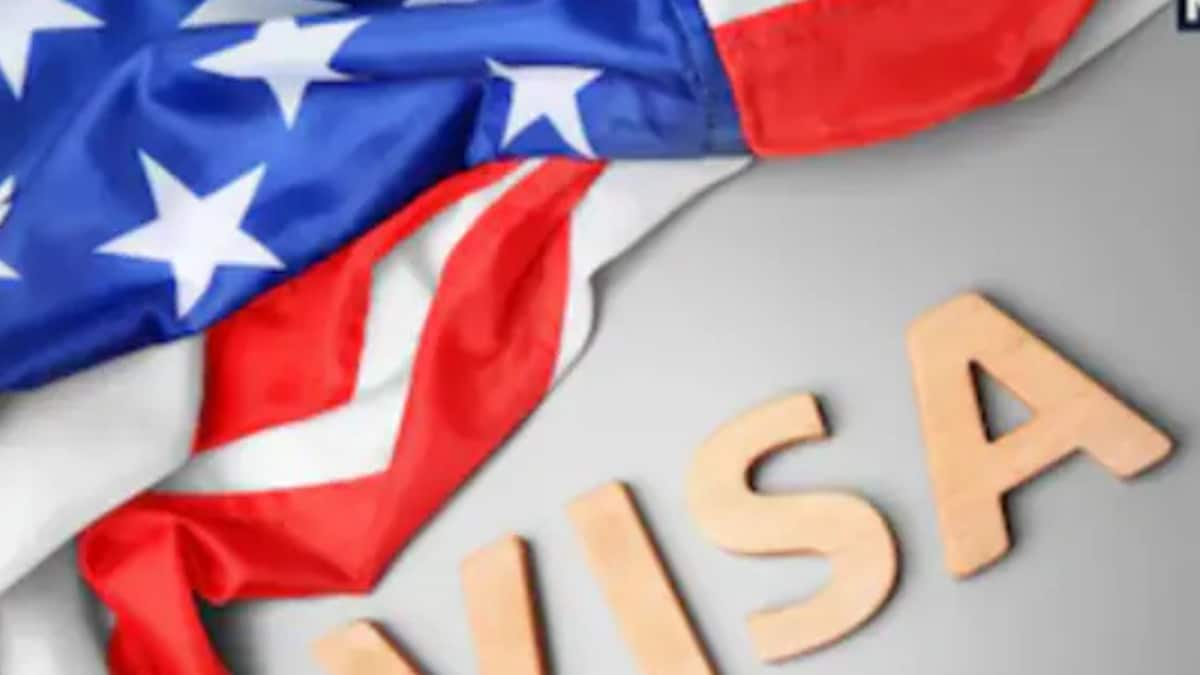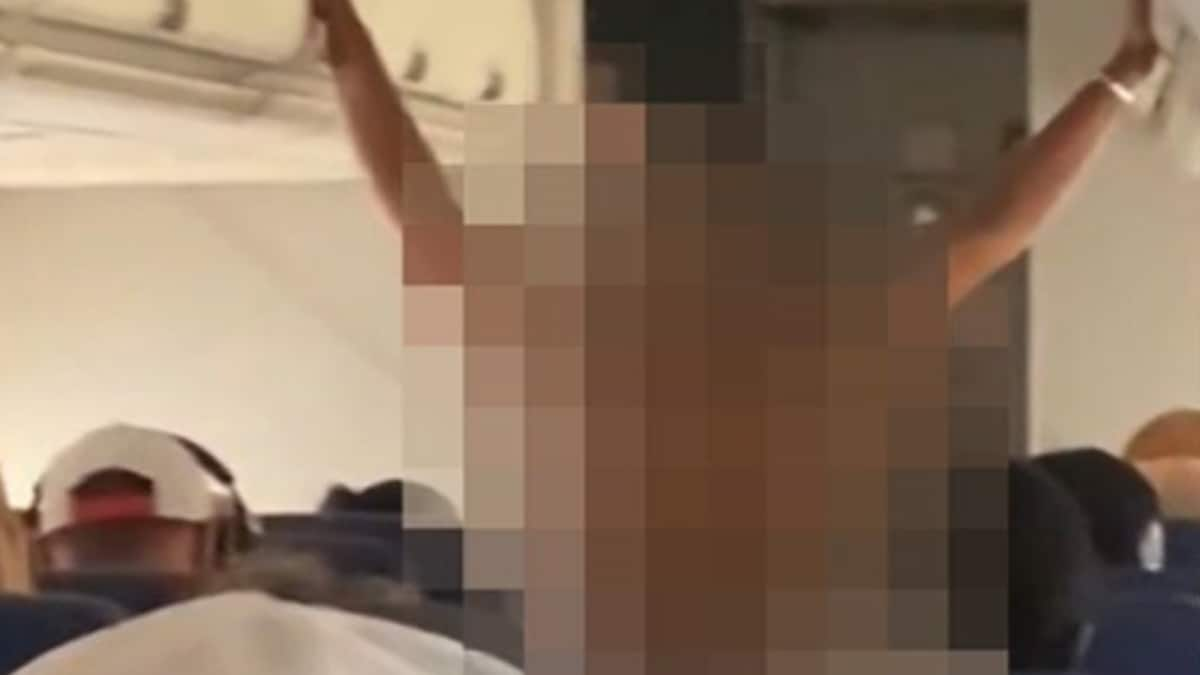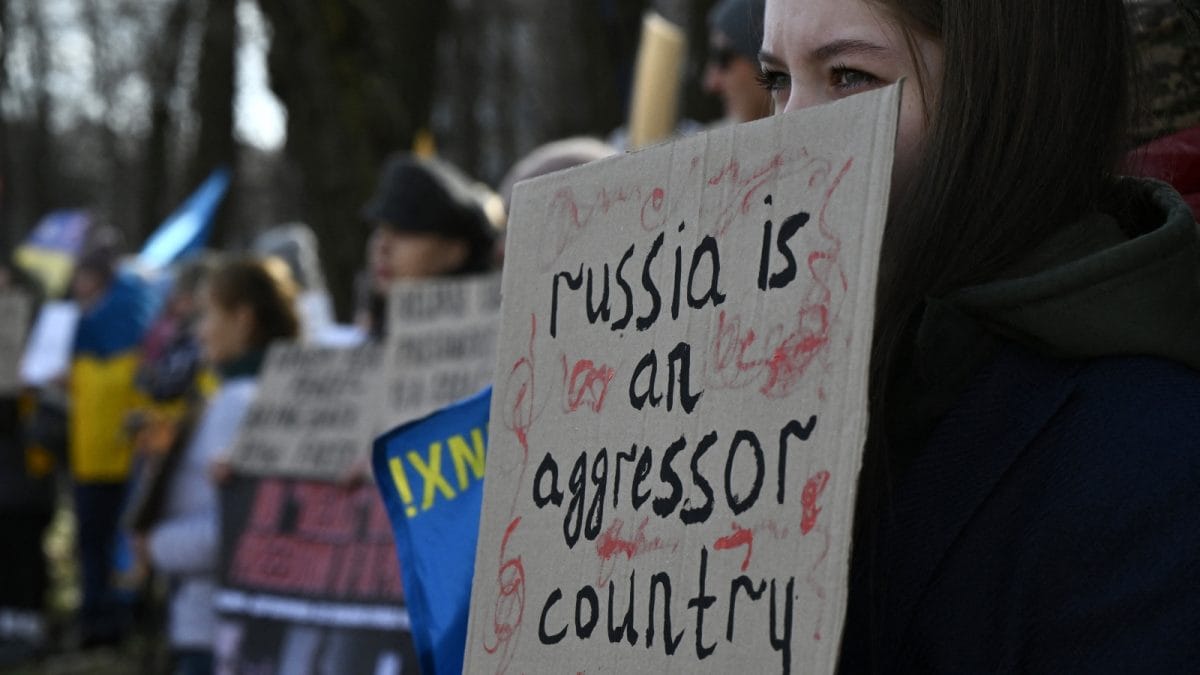A Donald Trump executive order, now temporarily blocked by a district court, denied US-born children of non-citizens birthright citizenship. Trump has vowed to challenge the court ban. So, what happens to the children born to Indians on temporary visas, like H-1B and L1, in the US if Trump has his way? Whose citizens are they?

Children born to Indian couples on temporary visas are caught in the birthright citizenship tussle. Donald Trump's executive order on birthright citizenship has been stayed by a court. (Image: Getty)
In The Terminal, a 2004 film starring Tom Hanks, Victor Navorski is forced to reside at JFK airport as he is no longer a citizen with valid documents as his country has collapsed. The Steven Spielberg directorial is based on the true story of an Iranian who was stuck at Paris' Charles de Gaulle Airport for years. But is something similar possible in the real-life US with American President Donald Trump planning to move ahead with his plan of denying birthright citizenship? What would happen to children born in the US to Indians working in the US on temporary visas, like H-1B and L1? Obviously, they can't be Navroskis. So, which country will they belong to?
One of the first executive orders signed by Trump as the 47th President of the US on January 20 ended citizenship by birth. The order had a 30-day buffer, and children born to non-citizen couples after February 19 would be denied American citizenship.
After a host of Democratic Party-ruled states appealed, a federal judge temporarily blocked the executive order ending birthright citizenship, calling it "blatantly unconstitutional".
Trump said his administration would appeal the federal judge’s decision temporarily blocking his attempt to restrict birthright citizenship.
“We look forward to presenting a full merits argument to the Court and to the American people, who are desperate to see our Nation’s laws enforced,” the Department of Justice said, adding that it would "vigorously" defend the order.
Such was the fear of the executive order that dozens of Indian couples rushed to get pre-term babies delivered, fearing the February 19 deadline.
The legal battle is likely to continue for years. And uncertainty is likely to persist for thousands of Indians.
Indian citizens receive more L1 visas than nationals of any other country, according to the US State Department's website. Indians are also 72% of all H-1B visa holders in the US.
Amid this, comes the big citizenship question -- if denied birthright citizenship in the US, what happens to children born to Indians in the US?
India Today Digital spoke to Sultan Ahmad of the Universal Adviser Migration Services about the citizenship status of such children.
"Under current US law, children born in the US are automatically granted citizenship through birthright, regardless of their parents' immigration status. However, this new rule would remove automatic citizenship for children born to parents who are here on temporary visas like H-1Bs, H-4s, or student visas. A lot has changed," Ahmad told India Today Digital before the executive order was temporarily blocked by a court.
CITIZENS OF US? CITIZENS OF WHICH COUNTRY?
This chaos which has encircled the lives of Indians in the US comes after Trump's executive order titled "Protecting The Meaning and Value of American Citizenship". This order is a reinterpretation of the 14th Amendment of the US Constitution.
"All persons born or naturalised in the United States, and subject to the jurisdiction thereof, are citizens of the United States and of the State wherein they reside," states the 14th Amendment of the US Constitution.
The executive order focusses on who is not "subject to the jurisdiction thereof" and excludes the children of illegal immigrants and temporary work visa holders. Indians are a large part of work visa holders in the US.
CAN THESE CHILDREN COME BACK AS INDIAN CITIZENS?
With the option of automatic citizenship gone, on their return to India, can they become Indian citizens?
"This means that starting February 19, 2025, children born in the U.S. to parents with these types of temporary legal status would not automatically acquire U.S. citizenship. Instead, they would likely have to go through a naturalisation process or apply for citizenship through their parents’ status in other ways," Ahmad, an immigration expert, said before the temporary ban.
The situation would revert to the same position if Trump has his way. So, the question surroungding the citizenship of such children remains pertinent.
Ahmad says Indian citizenship remains simpler for these US-born children.
"As for Indian citizenship, India follows the principle of jus sanguinis, which means that Indian nationality is typically based on the nationality of the parents. If both parents are Indian citizens, their child would likely be eligible for Indian citizenship, even if the child was born in the U.S. (provided the parents haven't voluntarily renounced their Indian citizenship or taken steps that would forfeit it), added Ahmad. "
The child would likely be considered an Indian citizen by descent," Ahmad stated.
But in some exceptional cases, the parents need to register the child's birth with authorities concerned with the Government of India.
"In some cases, the parents may need to register the child's birth with the Indian authorities and apply for an Indian passport," Ahmad discussed.
But what happens if the child was born before February 19 in the US?
"However, if the child was born before the new rule changes and was already a US citizen by birth, then Indian citizenship may not be granted unless the parents apply for it, and the child would need to renounce US citizenship to acquire Indian citizenship (since India doesn't allow dual citizenship)," concluded Ahmad.
The executive order has been challenged by 18 Democratic Party-ruled states and some districts. If the courts decide that the Constitution protected birthright citizenship, then only an amendment could change that, according to a Reuters report.
Then, Trump will have to amend the Constitution, last amended in 1992.
A Constitutional amendment would require the approval of two-thirds of both houses and three-quarters of state legislatures. This process is likely to take years.
Even if Trump has his way on birthright citizenship and US-born babies of Indian couples are denied birthright American citizenship, they can come back to India, as they are citizens here.
Published On:
Jan 24, 2025

 1 month ago
1 month ago

